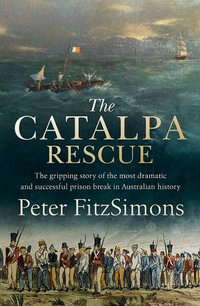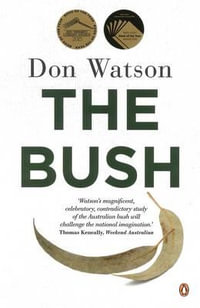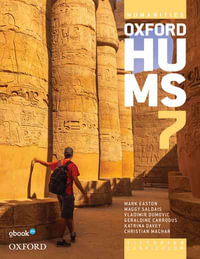
Germany 1923
Hyperinflation, Hitler's Putsch, and Democracy in Crisis
By: Volker Ullrich, Jefferson Chase (Translator)
Hardcover | 31 October 2023 | Edition Number 1
At a Glance
Hardcover
RRP $57.95
$40.75
30%OFF
Aims to ship in 7 to 10 business days
ISBN: 9781324093466
ISBN-10: 1324093463
Published: 31st October 2023
Format: Hardcover
Language: English
Number of Pages: 448
Audience: General Adult
Publisher: W W Norton & Company
Country of Publication: US
Edition Number: 1
Dimensions (cm): 23 x 16 x 3.5
Weight (kg): 0.74
Shipping
| Standard Shipping | Express Shipping | |
|---|---|---|
| Metro postcodes: | $9.99 | $14.95 |
| Regional postcodes: | $9.99 | $14.95 |
| Rural postcodes: | $9.99 | $14.95 |
How to return your order
At Booktopia, we offer hassle-free returns in accordance with our returns policy. If you wish to return an item, please get in touch with Booktopia Customer Care.
Additional postage charges may be applicable.
Defective items
If there is a problem with any of the items received for your order then the Booktopia Customer Care team is ready to assist you.
For more info please visit our Help Centre.
You Can Find This Book In
This product is categorised by
- Non-FictionHistoryRegional & National HistoryEuropean History
- Non-FictionHistoryGeneral & World History
- Non-FictionHistoryMilitary HistoryFirst World War History
- Non-FictionHistoryMilitary HistorySecond World War
- Non-FictionHistoryEarliest Times to Present Day20th Century History from 1900 to 2000
- Non-FictionPolitics & GovernmentPolitical Structure & ProcessesPolitical Structures & Totalitarianism & Dictatorship
- Non-FictionHistory























